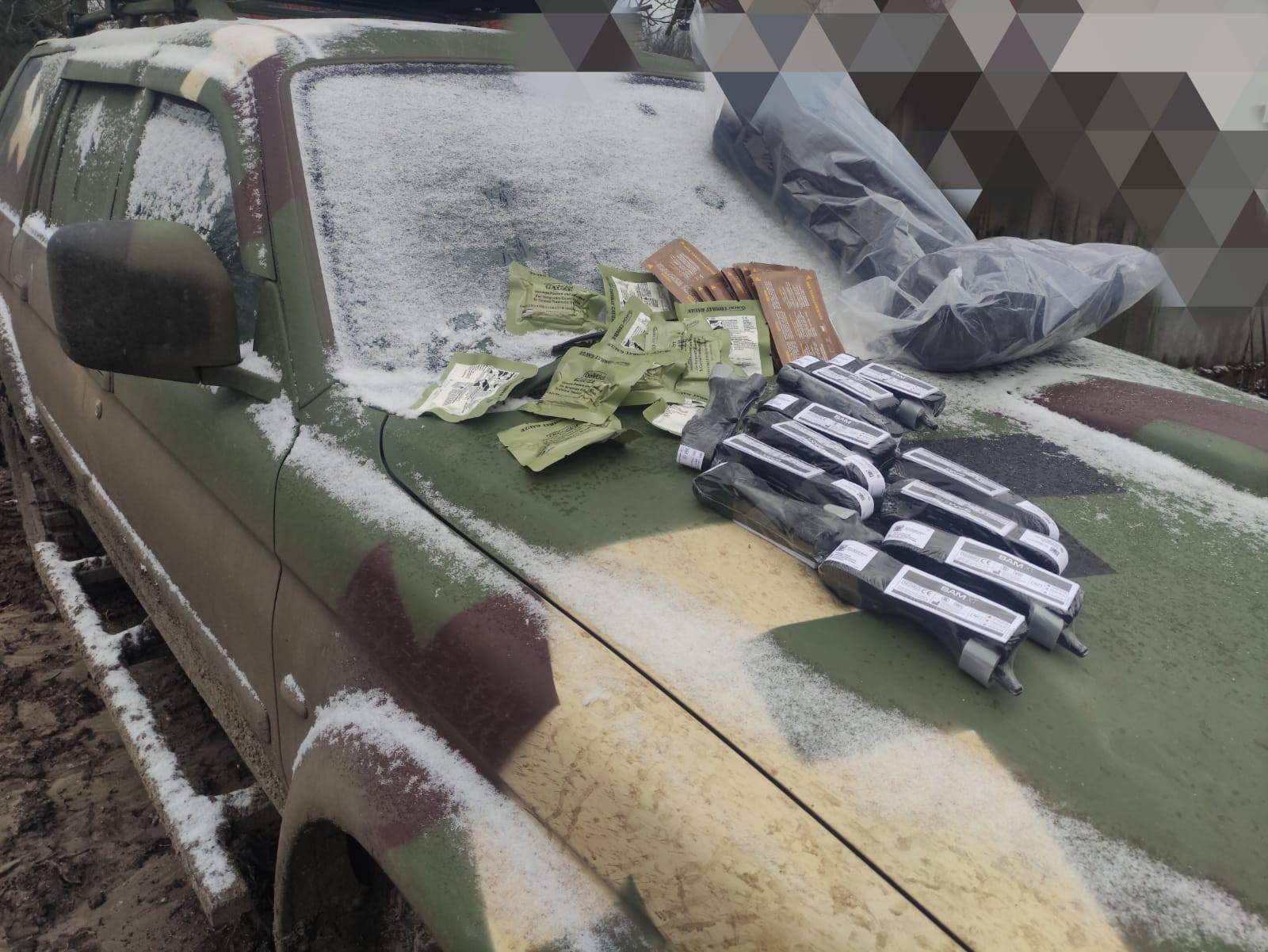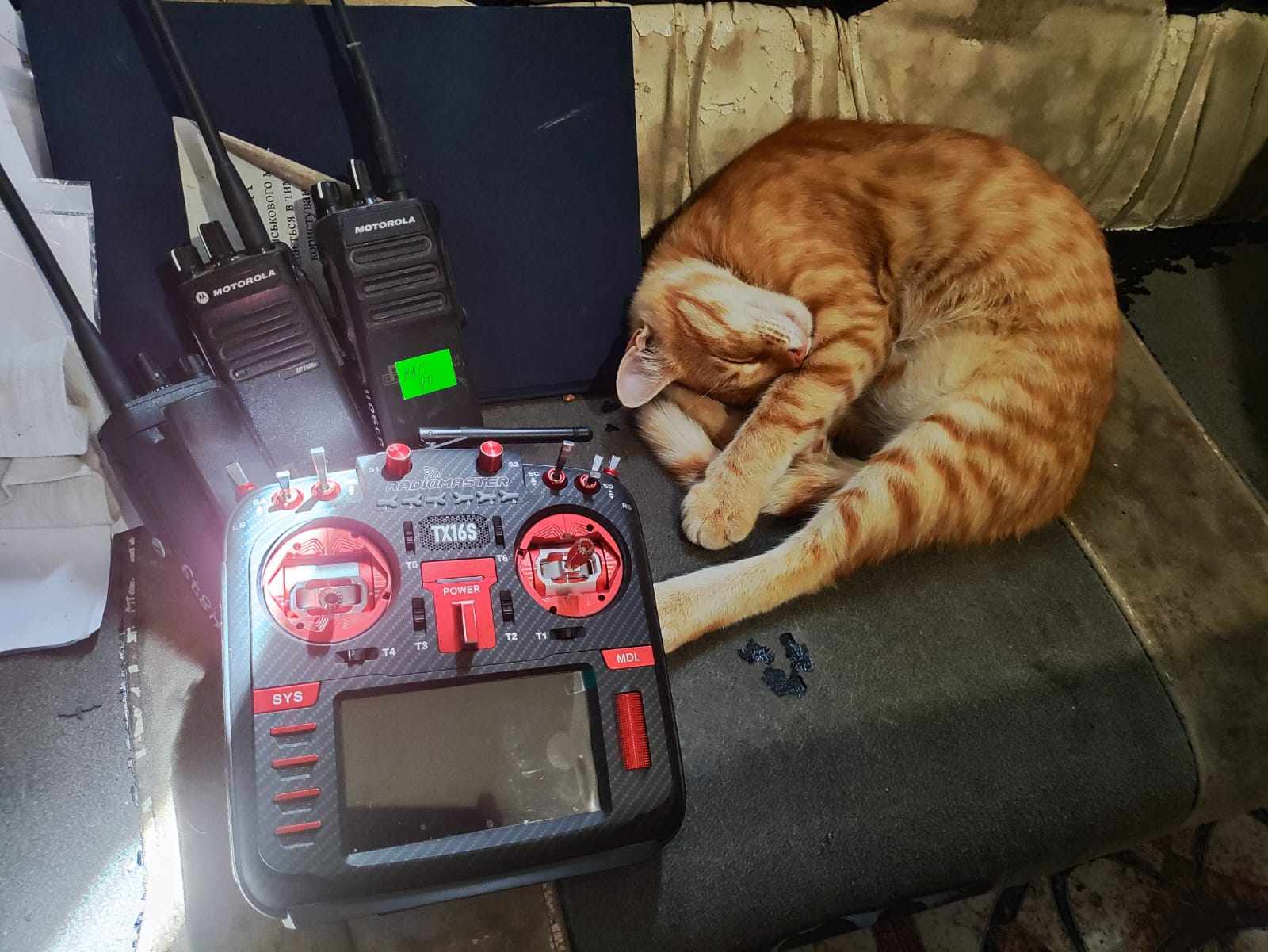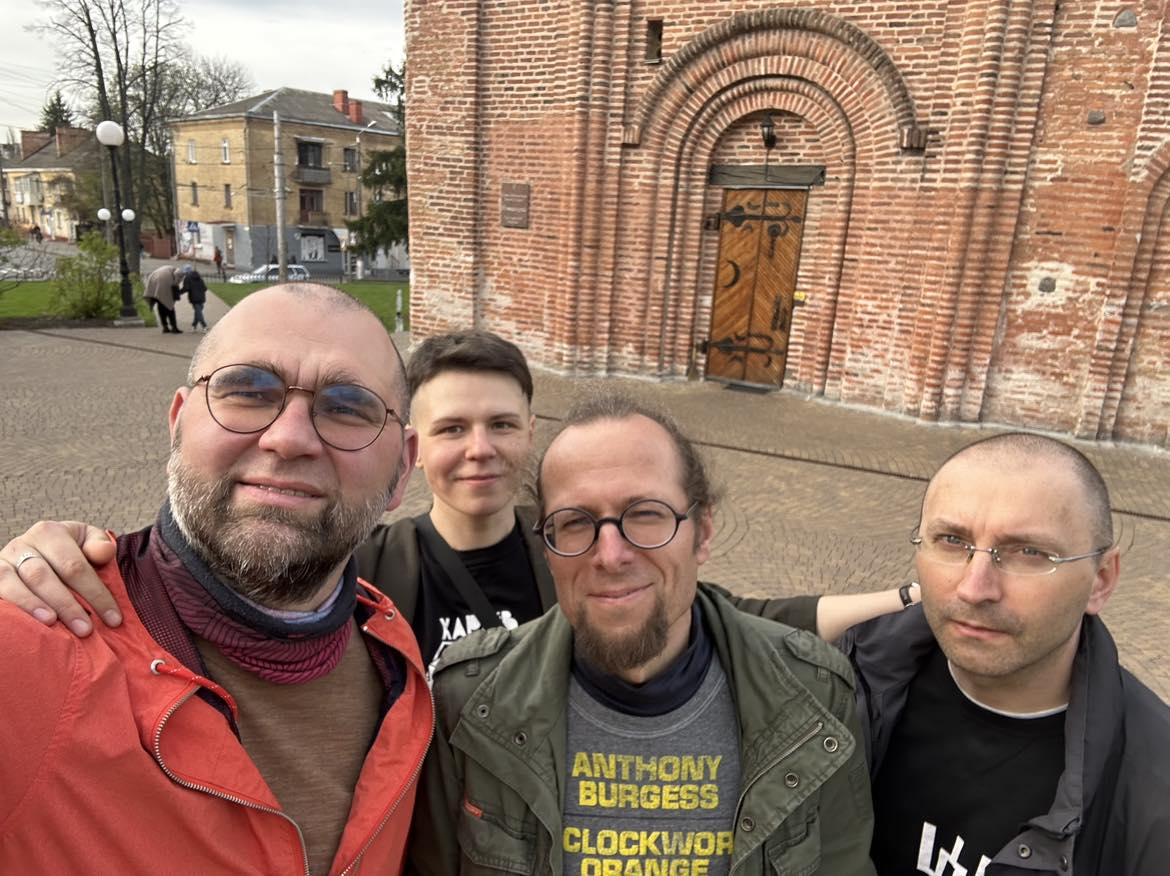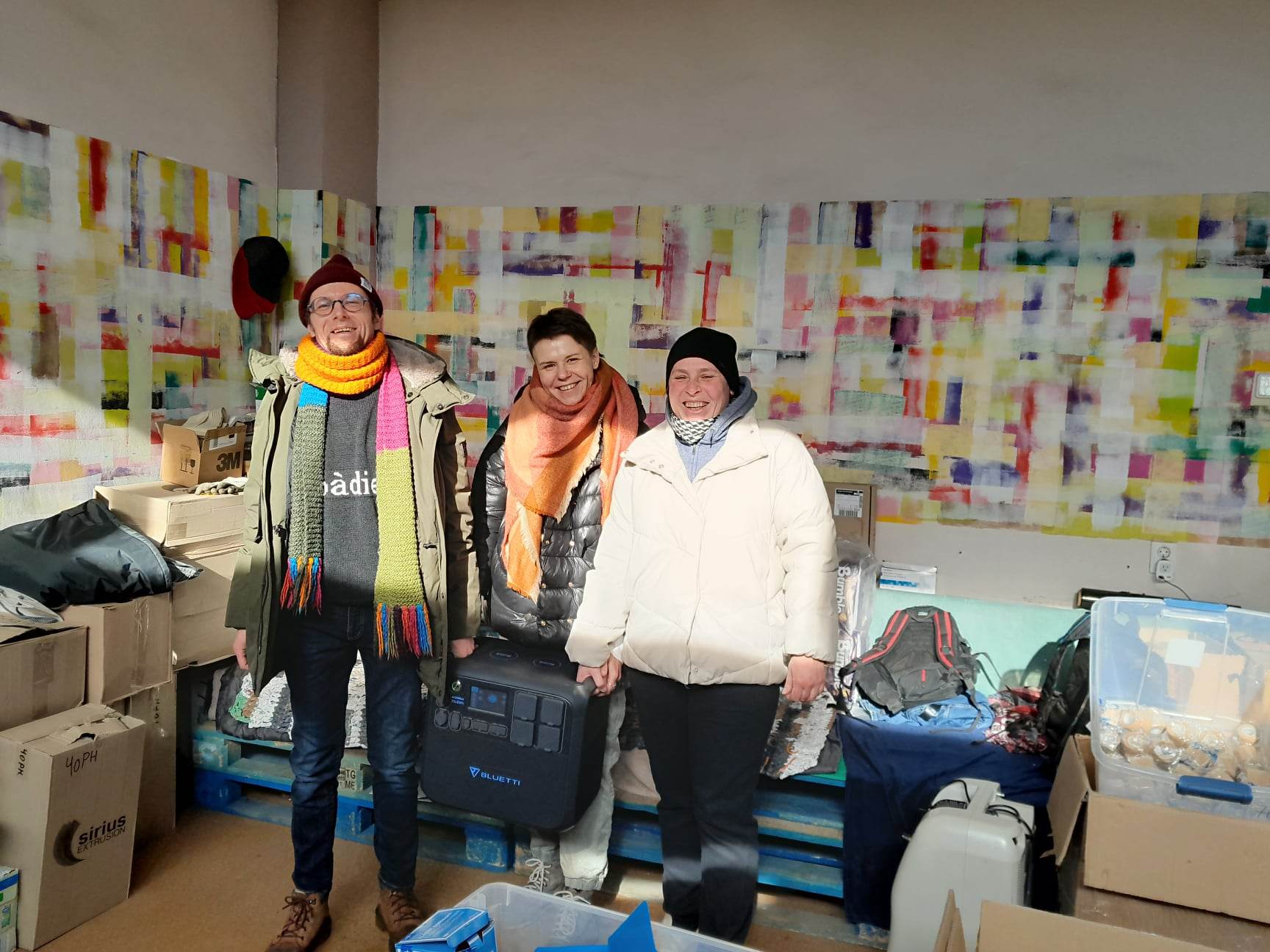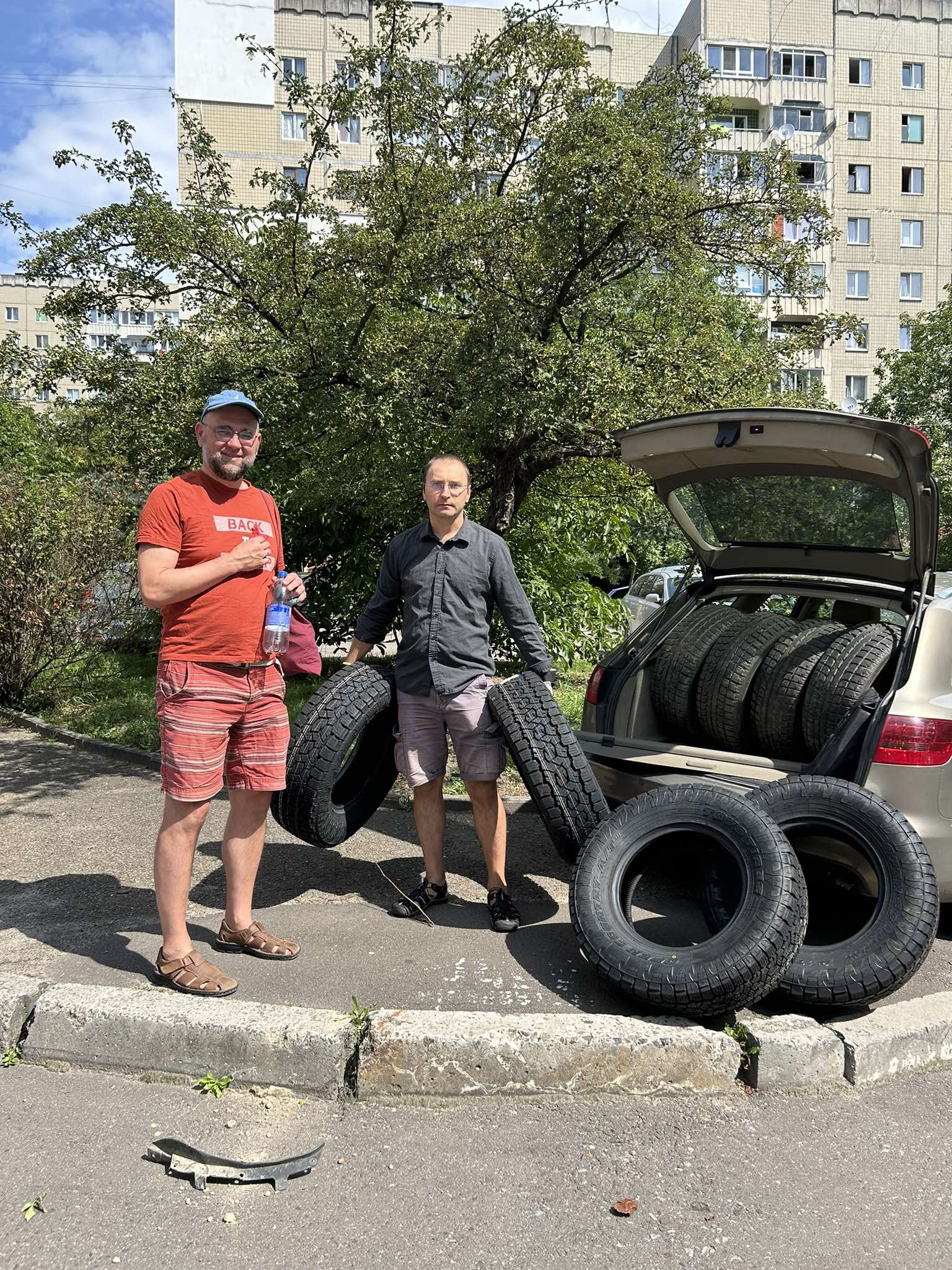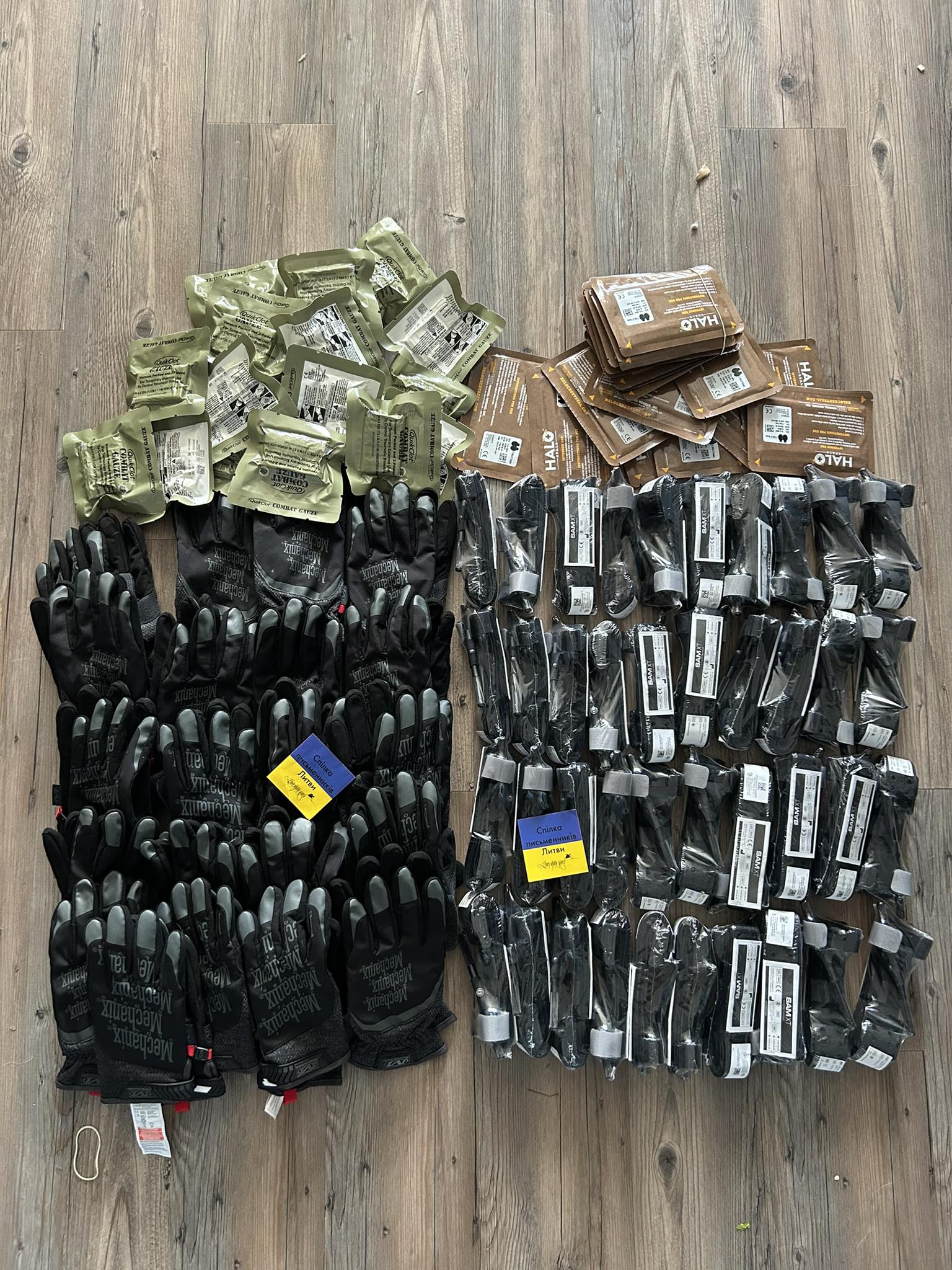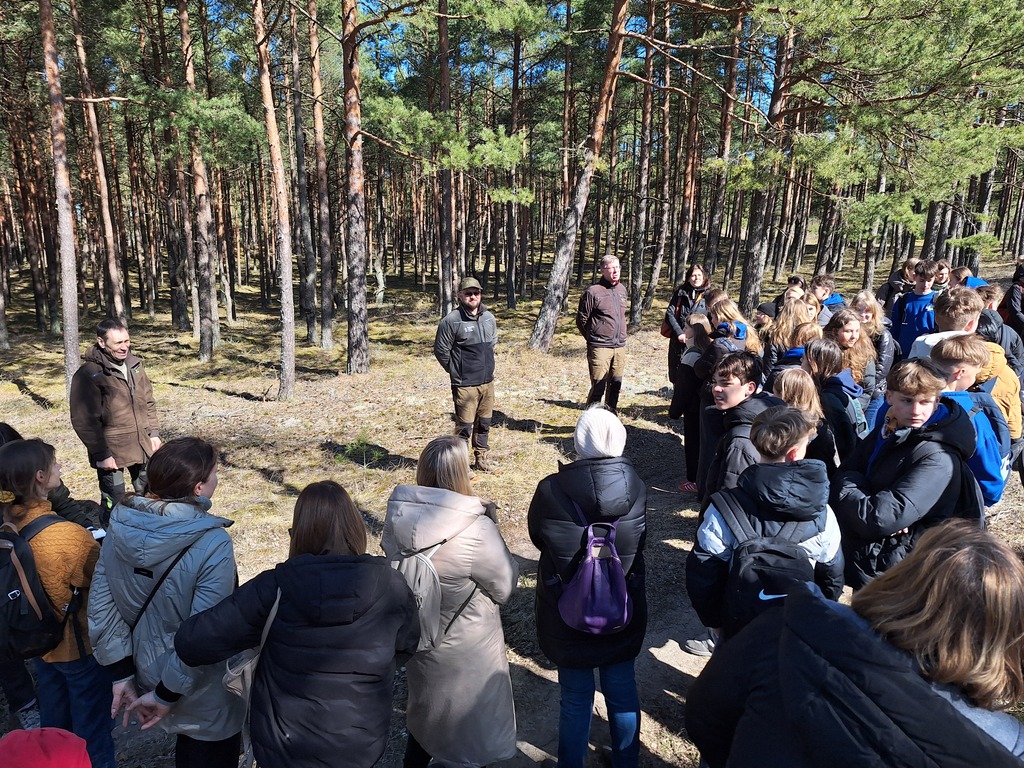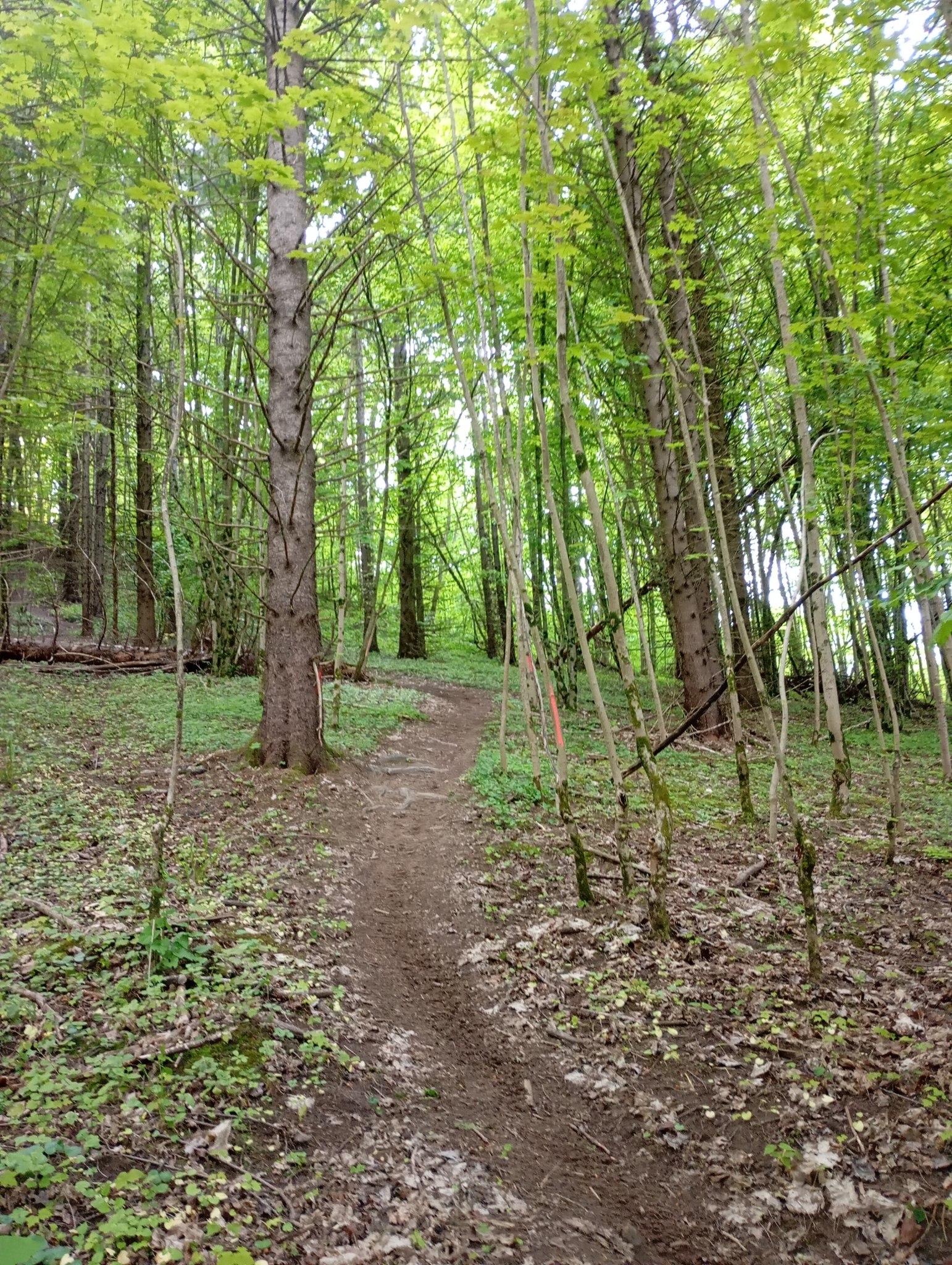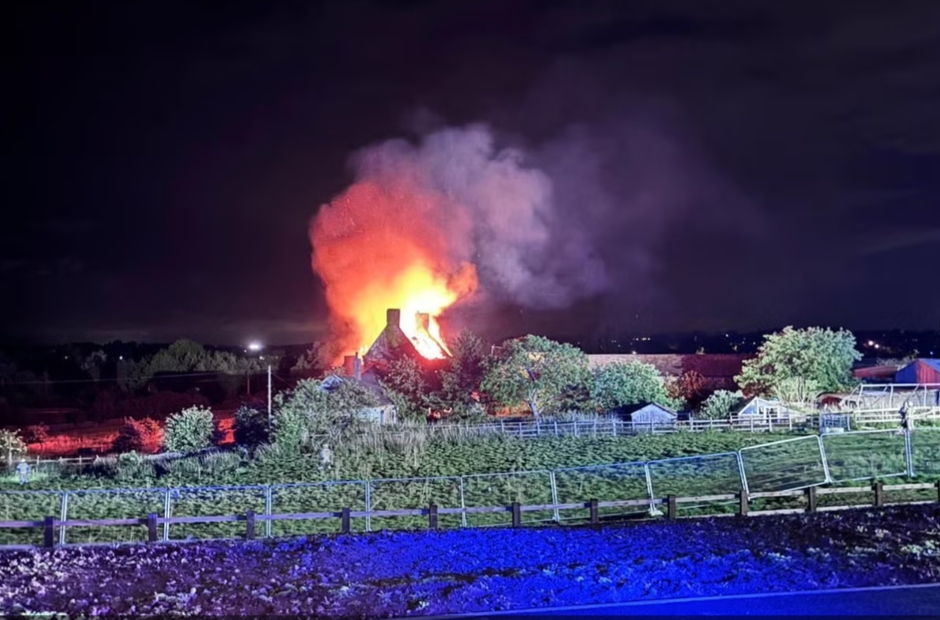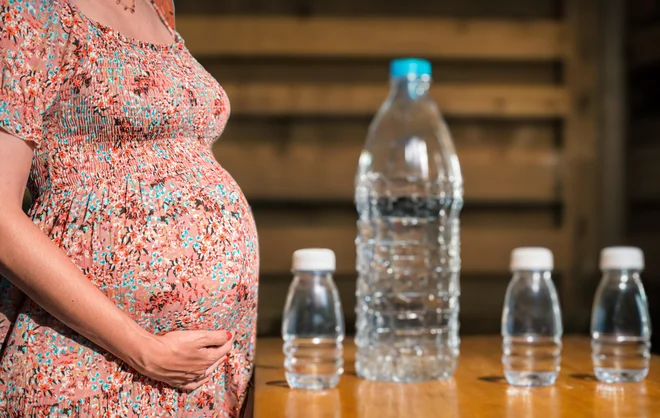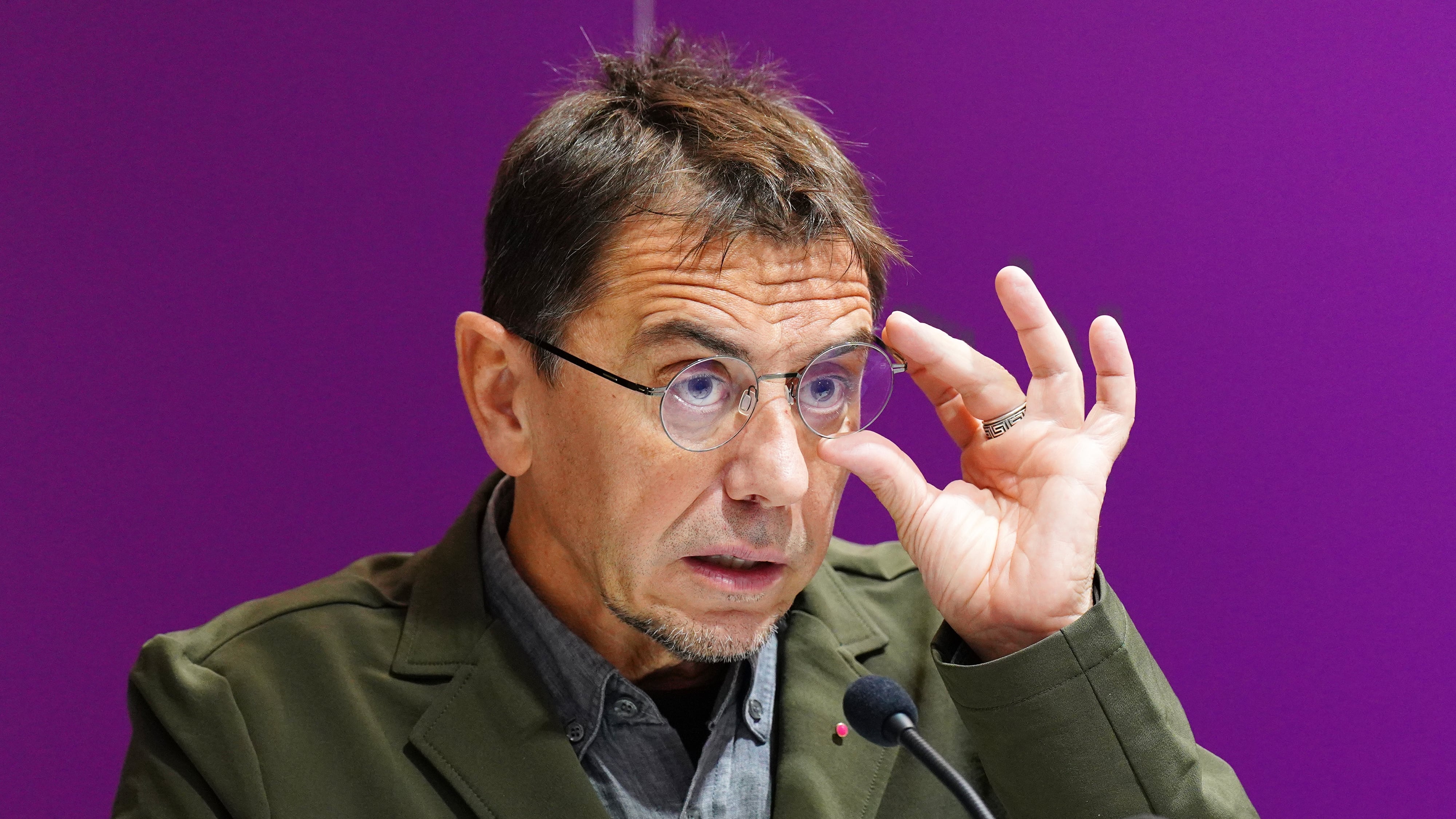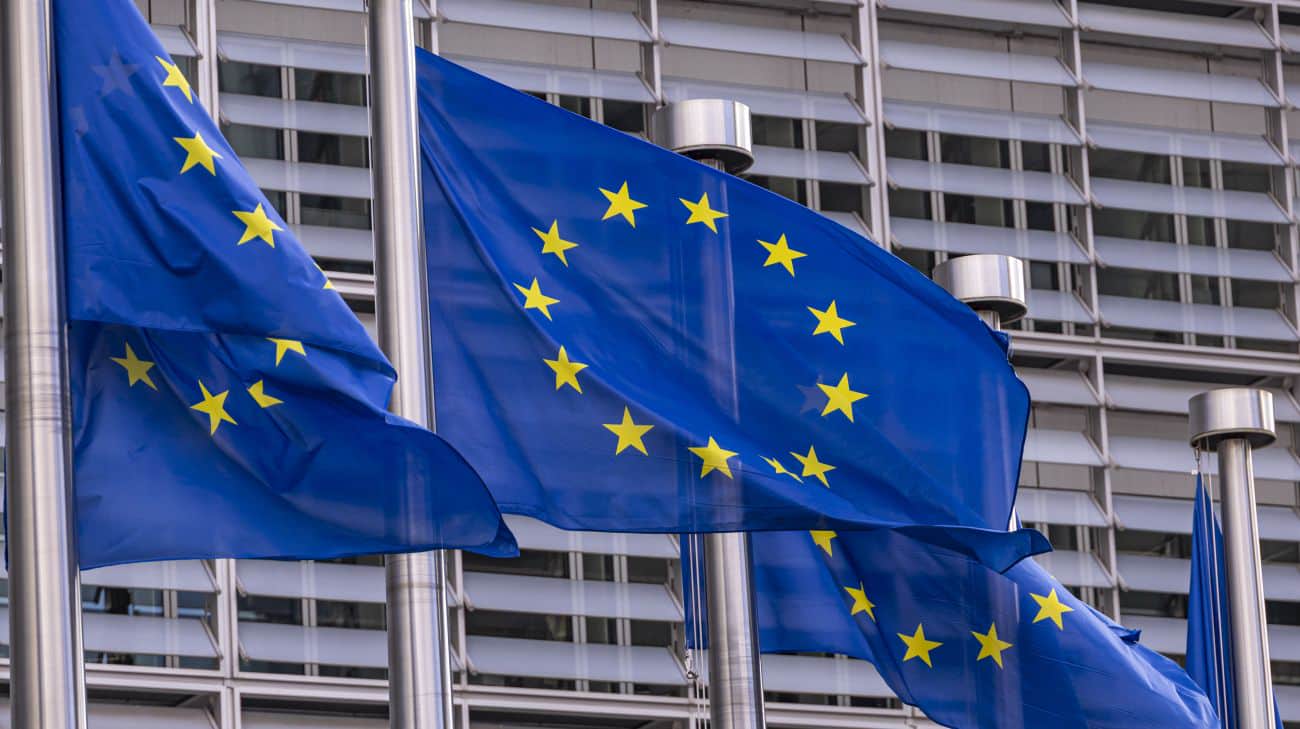Ukraine – a combination of strength and fragility
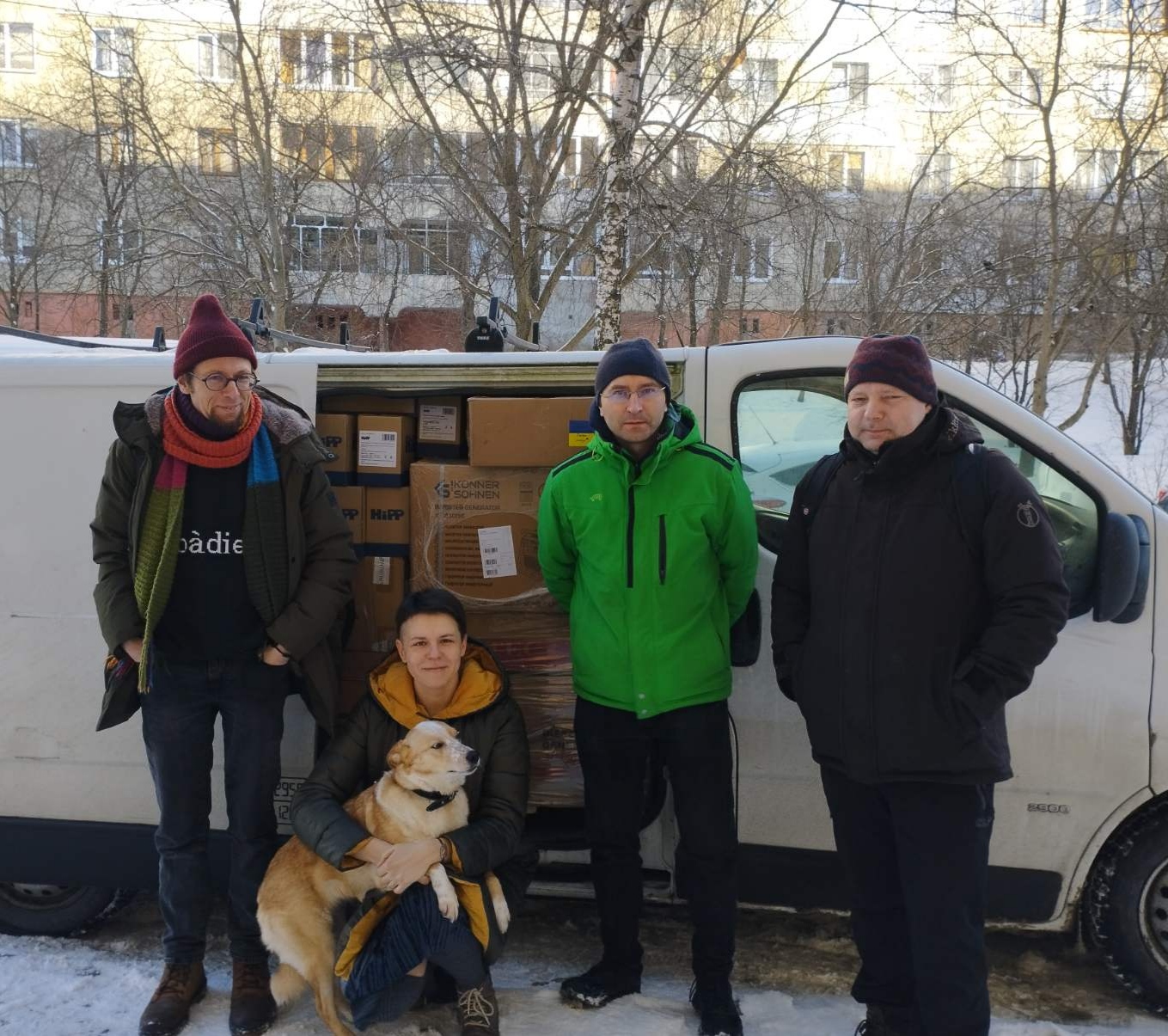
– Mariau, let’s start a conversation with the Writers’ Union Literature Foundation, which collects funds for Ukraine. How did it come about?
– I have already told this story several times. 2022 In October, Laurynas Katkus called me and says we were going to Ukraine. I say – we drive, but we can’t drive empty. He then thought that there was a Writers’ Union Foundation to support writers when they get sick or other in extra cases. We agreed with Birute Jonuškaitė, chairman of the Writers’ Union, and so it all started. In Ukraine, we approached my colleague Catherine Michalicyn, whom we were familiar with because we needed a local man. We buy cars, tactical medical equipment: hemostatic bandage, turnstiles, stretcher. When needed, we bought stoves, heaters, generator, warm underwear for soldiers, chemical heaters for fingers, various things. We carry eight buckets of chocolate from the Ukrainian home, smoked Spanish ham. In Taurage, volunteers are leaning on warm socks. We also carry food to pets, as our fund patronizes the Nicopolis Animal Shelter « Chance Najtia » (A chance to live). In addition to food, we regularly transfer them the money they use to treat animals affected by war.
M. Burok’s personal archive waster.
– How many cars have you already taken?
– I already mixed a little in numbers, but probably 26 or 27, including one truck. On average, one car per month. Foundation – small, money is as much as there is …
– The most unique is that the poets, the literature do it! Do you know such cases in other countries?
– It seems to me that Estonian literary writers do something similar. In Lithuania, not only poets, but also philosophers, such as Nerijus Milerius, Viktor Bachmetiev, are collecting victims in Lithuania. Various people donate to the fund, but mostly our readers. It would be interesting to calculate how many of the sacrifices are writers or art people in general, and how many readers or spectators.
Photo by M. Burok’s personal archive
– More than 200 literature has already died in Ukraine. This figure is quite large compared to other cultural fields. Does this mean that writers are more conscious, patriotic?
– Overall, Ukraine is currently experiencing a tremendous rise in literature and writers are very heard during the war. They are now the psychotherapists of the whole nation. Their voice is also very heard outside Ukraine. This is probably how historically. After all, after World War II, partisans were partisans, and some began to write when he went out into the forest. During various historical fractures, literary literature mobilizes not only their own texts but also other activities.
– This is due to the fact that they are more sensitive?
– It seems to me that writers are sensitive to a common information field, rhetoric, texts, languages, and may be faster that something is approaching. Maybe it helps to engage in such activities before and deeper. After all, Lithuanian poetry is not very socially engaged. At least it wasn’t before the war. Now it is changing – the attention of both war in Ukraine and various social problems and political fractures.
– I have heard from some poets and skeptical thoughts about my colleagues writing poetry about the war in Ukraine. After all, what can our reflections from such a distance be?
– I partially agree with them. I only write from my personal experience, from what I see and experience while driving, carrying cars, meeting people. After all, I can’t write about the war directly because I was not in it. It is unacceptable to me morally, ethically. I can’t use other people’s disaster to write a good text. It is quite difficult to describe here. For example, Vytautas Kaziela’s poems about Ukraine are great. Also Daiva Čepauskaitė, who reflects what is happening. There are more writers – Vainius Bakas, others. Each of them chooses their own point of view, the voice that tells the war in Ukraine.
On the other hand, I think that what is happening in the world is necessary and necessary to reflect on poetry. The slogan is not to confuse art and politics now looks stupid and dangerous.
Photo by M. Burok’s personal archive
– Are there any fatalities among your friends, acquaintances?
– Thank goodness, no. We could not meet Kryvcov with Maxim, we only communicated with a distance. There are injured, contoured. Arthur’s drill has recently been injured, has long been treated, and is still unclear whether he will be able to fully control his hand.
– Let’s go back a little bit. What was your relationship with Ukraine and its poetry before the war?
– I was the first time in Ukraine in 2012. In Luck. There was a translation workshop « Magnus Ducatus Poesis ». Poets from Poland, Ukraine, Belarus, Lithuania gathered and translated each other’s poetry into their speeches. It was still the time of Yanukovych – such a swamp. Especially in Lucke, which is not a big city, there was a strange atmosphere. I was familiar with some Ukrainian poets before, because the translation workshops were held in Lithuania as well. 2014 In Druskininkai we met K. Michalicyna, Julia Musakovska, Olena Herosemiuk. The workshop lasted a week and during it the Ukrainians drank all the quince vodka in Maxima. A very fun week was.
I don’t know where that secret is, but it is very easy to keep in touch with the Ukrainians. You may not communicate for half a year, but a warm, immediate relationship will remain. This was another reason to help them from our fund because they are our friends.
When Maidan began, 2013 At the end – 2014. Initially, I wrote information summaries about events. I updated similar activities with a wide -scale invasion. For a year I wrote a hostilities summary, and later, when we started material assistance to Ukraine, I stopped writing.
Photo by M. Burok’s personal archive
– What was the poetry of Ukraine before the war? Have you translated something?
– Very little. Maybe I knew the names of my peers a little. There are several Lithuanian poets and translators in Lithuania who are well aware of Ukrainian poetry. These are Vladas Braziūnas, Antanas A. Jonynas and especially Vytas Dekšnys, who is a walking encyclopedia of Ukraine and Belarusian literature. He was the main source through which all the information came before. He invited the Ukrainian author and offered to read this and that. So far, I have not been composed of the whole picture of Ukraine’s poetry, because it is a huge country and there is a great deal of poetry, it is very diverse and most importantly, very good.
– Good – do you mean current, war, poetry?
– Not only. War poetry is a slightly different thing. I wonder how much of this wave will remain. I know for sure that M. Kryvcov’s poetry will remain. Perhaps not all poems, but some will enter the Ukrainian poetry fund. Also A. Dr., J. Musakovska, Halina Kruk and everyone else who writes how to obsess. All this will remain. I would compare this to the « shot revival »* poetry. Ukrainian literature seems to be extremely activated during such breakthrough moments and disaster. Of course, as everywhere, there are various poetry: both good and bad. Now almost everyone writes there. Of that abundance, units that are really good.
And there are not just front poetry, there are various topics. For example, how refugees feel, what it means to withdraw from their hometown. Very painful things when you leave your country that you probably never come back because it has nothing left. This motif is very strong in the poetry of eastern Ukraine. Language fracture is still very important. Some move from Russian to Ukrainian, some in their poems make that relationship, fracture and change. Sometimes one poem is full of everything. For example, Jaryna Cornohuz covers a lot in poems, from philosophical issues to survival in trenches. And it is very organic. Very multi -layered and complex texts.
Photo by M. Burok’s personal archive
– Is it possible to say that modern Ukrainian poetry is currently the strongest in Europe or even in the world?
– You know, maybe that’s it. Modern Ukrainian poetry is very influential. Accustomed to the strong poetic emotions that beat the head. When you read some calmer, meditative, poetry, you feel that there is no adrenaline.
– Is it difficult to translate it?
– Looking at what. Really for a long time I woke up with J. Chornohuz. Mariann Kijanovsk is very difficult to translate. Usually rhyme Ukrainian poetry is translated by AA Jonynas, V. Braziūnas. War terms, military slang are also complicated. We need to make footnotes, find equivalents in our speech. And it is certainly not easy emotionally. It is very difficult to read poems on stage with their authors who are entangled in their texts on the verge of the crisis – this is a great test. However, it is necessary and necessary.
* Shot revival – rich and diverse in the 20th century. The creative work of Ukrainian writers actively established in the Soviet Union, but in the 1940s during the 1940s, was brutally killed by Stalinist cleansing.
Photo by M. Burok’s personal archive
– How much is modern Ukrainian poetry relevant in Lithuania?
– I think relevant. They are not yet translated much yet, but I am still commenting on social networks that teachers in Lithuanian schools give senior students to read, for example, M. Kryvcov’s poems. Or Dronis’ poems. They combine them with the literature of our guerrilla period as they can illustrate modern examples that there are no thanks to God in Lithuania. I am very wondering whether these poems will affect Lithuanian poetry. Will they add or impoverish or change our field of poetry. But it’s too early to talk about it.
I am influenced by it myself. Both for driving to Ukraine and for reading and translation. I have those topics too. My new book will have six or seven poems in Ukraine, though I try not to overdose. After the recent visit to Kyjiv, I wrote a poem dedicated to M. Kryvcov’s father. A poem about the mourning process when the father lost his son.
By the way, everyone who wants to read Ukrainian poetry (English or original language) is invited to the library of Vilnius UNESCO Literary city.
– What makes you most excited about being in Ukraine? Is it reflected in your poetry?
– a combination of strength and fragility. The behavior of a person in marginal situations. We may also have to find ourselves in them. Then you think about how we would behave in such a situation. There is hardly any in my poems, but I think about it.
Photo by M. Burok’s personal archive
– In the end, I want to ask what is good and bad poetry for you?
– Irresponsible question. When reading, I first see if a person has talent or knowledge of a poetic craft. Whether the poem is more than its ingredients. Are there anything behind words. You can dismantle it, but there must be something that combines it back. There are tastes, aesthetics, ethics and so on. All of this has to fall into one piece that becomes a poem. After all, language mastery. Bad poetry is also a bad language – too much of it, sentences are curved, not those words are used, I don’t sound. Can be a very rhyme and very loud poem, but empty inside. Or used to be used to shrouded images. The good poets that break out of poetic templates first write on the basis of their experience, tell stories as they are, find good images. A good poet prevents what an ordinary person can’t say.
Poem:
Chernihv cherry
As the root of the time, all this earth is rooted, it grows on the skeletons of history, helmets, swords and cannons, tense wood veins, blood berries to ripen its yields, blood berries and projectile whistles, and siren catch never forget. The grass hides the blasts, pines swarms, tend to, obscure, emptiness, where the windows are broken, science shot, brick -teeth shot, and the wall of the fifth of the walls is stuck there. The grandmother mentions the bicycle, lies, caught the siren, broke the world, pierced the ball, puts the face in the predator and the darkness darkness, everything as always, the ruins of milk, birch window frames and a sliced mole of the mine. Centennial cherry, I will come back, I tasted your blood necklace, I press in your palm of your sprang and slippery berries, I will bypass this city churches, only there I realized their true beauty, sculptures scars will be healed.
Catches the sirens over the church canvas, above the river, above the story. Where we parked the car – a pit and column fragments.

